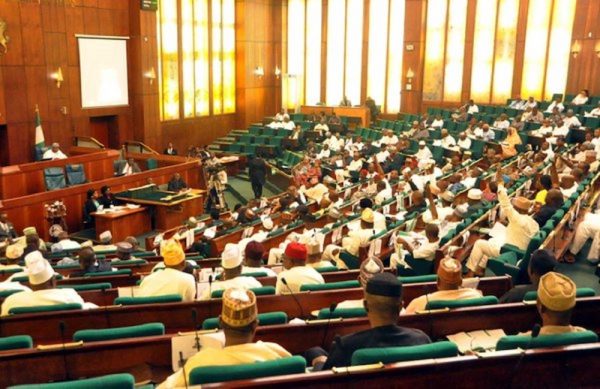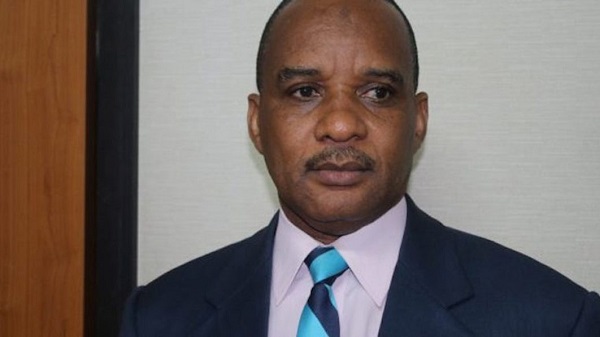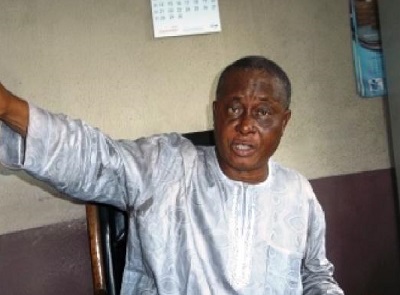Reps to address improper funding of maritime academy

The House of Representatives Committee on Maritime Safety, Education and Administration has said it will liaise with the Nigerian Maritime Administration and Safety Agency to address all issues of improper releases to the Maritime Academy of Nigeria, Oron, in Akwa Ibom State.
It also promised to work with the lawmakers representing the academy’s communities at the National Assembly to facilitate further engagement with hostile communities to ensure amicable resolution of issues promoting attacks on the academy by its host communities.
Chairman of the committee and member representing Onitsha North and South constituency at the National Assembly, Mrs Lynda Ikpeazu, gave the indication when she led the committee on a fact-finding mission to the academy.
She said the committee would meet with NIMASA to ensure that all releases due to the academy were promptly and timely released.
Ikpeazu said, “When we look at the budget, we have not seen a lot of money coming in and so we are determined as a committee to look into the percentage it gets from NIMASA, and to ensure such releases are done as and when due.”
She added,” I’m happy that the institution is doing what it is doing to address the issue of hostile communities through corporate social responsibility; but as a committee, we are going to work with our members representing the communities at the National Assembly to see how we can further engage with the people who are hostile. The people can benefit a lot from the institution in terms of employment and other things.”
Ikpeazu said his committee was happy with the level of transformation at the academy, adding that since the rector took over in 2017, “there have been a lot of changes and improvements.”
In his presentation before the committee, the Rector, Air Commodore Duja Effedua (retd), said he inherited a lot of challenges, adding that the academy was on the verge of being delisted by the International Maritime Organisation before he came in.
He listed the challenges as hostilities by some disgruntled elements of the host communities; bloated staff strength; admission of too many cadets, and inadequate number of qualified teaching staff and training facilities, among others.
Effedua said though there was room for improvement, his administration had implemented almost all the recommendations of the Interim Management Committee.
He said he had not only cut down the number of students intake but had also collaborated with relevant bodies both locally and Internationally for capacity building of lecturers.
“We have completed and remodelled almost all the abandoned projects and we have attracted the International Maritime Organisation and the United Nations Institute for Training,” he said.







